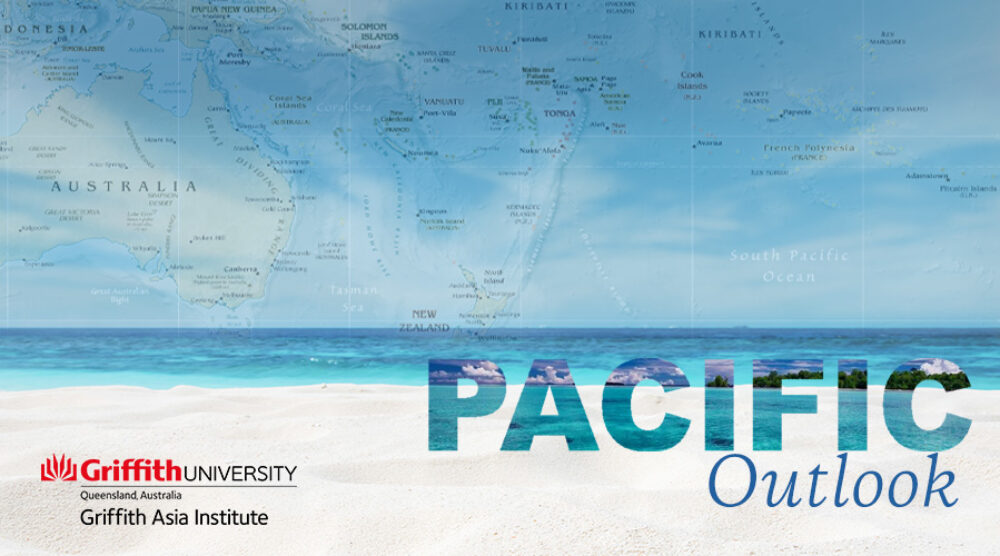COVID-19 update
New cases have arisen in both Papua New Guinea and Fiji. The Fiji cases are all in quarantine and can all be traced back to an incoming flight that arrived at the beginning of the month. The total number of COVID-19 cases that have now been identified in Fiji is 26, with no deaths recorded.
In Papua New Guinea, a cluster of cases has been recorded in the last few days. The number of infections in PNG now stands at 19. The most recent group of cases are all associated with Port Moresby General Hospital. Several of them are in people who work at the testing facility located there. One of the cases was revealed to be in a woman who had died. She was suffering from stage four cancer. Doctors have said that her death may have been complicated by the fact that she had contracted the virus
Unemployment support progress in the northern Pacific
As the economic impacts of COVID-19 continue to bite, governments in the northern Pacific are rolling out support packages for people who are unemployed.
In the Federated States of Micronesia, the first 65 recipients of support from the US funded Pandemic Unemployment Assistance scheme have received their payments from President David Panuelo. The average payment disbursed was US$4,615. The government has received more than 1,000 applications for this support and anticipates that around 3,000 people will apply in total.
Meanwhile, in the Republic of Marshall Islands, similar support is yet to be distributed by the government. The criteria for eligibility for the financial assistance have been announced. However, the government says it is not yet ready to begin accepting applications from citizens. The USA has pledged US$3,900,000 to support the RMI government’s economic response to the effects of the pandemic.
Papua New Guinea supports China in United Nations vote
Papua New was one of 53 countries that supported a statement by Cuba endorsing China’s recently enacted national security laws in relation to Hong Kong. The proceedings were part of a meeting of the UN Human Rights Council in Geneva.
Some commentators have been quick to point to this as some sort of strategic win for China and a sign that PNG’s commitment to the Belt and Road Initiative means it is now beholden to Beijing when it comes to foreign policy. However, this seems something of an overreach given that other Pacific island countries that are considered much closer to China did not follow suit.
The ABC has reported via social media that they were told this move had not been endorsed by the PNG government and that they were “currently rectifying this matter”.
Fiji budget handed down
In Fiji, the Bainimarama government has handed down its 2020/21 budget. It includes a FJ$2 billion (US$931 million) stimulus package. The government has introduced a number of initiatives that appear to be designed to maintain and restart the tourism industry. However, there is no sign that tourists will be arriving from the key markets of Australia and New Zealand in the immediate to near future.
Analysis provided to the Fiji Times by Dr Neelesh Gounder points to the large increase in public debt that the budget requires. He estimates that the level of debt will exceed 80% of Gross Domestic product. This will leave the country with huge servicing costs for a long time to come. He has called for a wholesale review of debt owed by the country with a focus on where it can be forgiven whether by bilateral lenders or though multilateral financing entities.
Pardons in Vanuatu
Ahead of the Independence celebrations at the end of the month, the President of Vanuatu has granted a number of pardons. Among those to be pardoned (and released from prison) are a number of former MPs. They were serving sentences further to being found guilty of conspiracy to pervert the course of justice. At the end of 2015, they conspired with the then Speaker of Parliament to pardon themselves in relation to convictions of corruptions whilst the President was out of the country.
The order that grants the pardon refers to them receiving a ‘pardon of sentence’. This has left some ambiguity in the minds of some commentators. After they were convicted of the initial charges, they were also found guilty of offences under the Leadership Code. As a result of that they are barred from being elected to Parliament or holding other leadership positions for a period of 10 years.
Tess Newton Cain is an Adjunct Associate Professor at the Griffith Asia Institute and project lead of the Pacific Hub.








